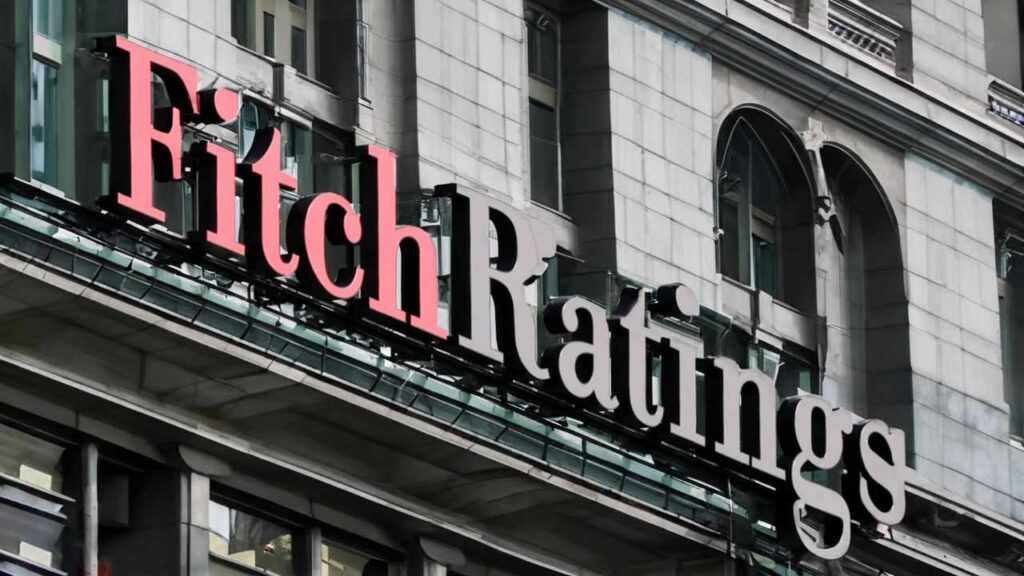Research analysts at BMI, a Fitch Solutions company, have projected that private consumption in Nigeria will fall by 2.5% in 2024.
Their projection, in a report titled “Below-Potential Growth Ahead in Nigeria, Despite Advances in Domestic Refining,” follows a decline of 10.3% in 2023 and is expected to reduce headline economic growth by 1.5 percentage points.
“We forecast private consumption to fall by 2.5% in 2024, following a decline of 10.3% in 2023, and shave off 1.5 percentage points (pp) from headline economic growth,” they said.
Wage negotiations
The analyst noted that while they anticipate that the federal government and trade unions will eventually agree on an increased minimum wage, it is unlikely to prevent a decline in consumer spending this year.
They noted that recent wage negotiations between the government and labour associations have been slow and inconclusive, with the authorities rejecting the steep salary increases proposed by unions.
“While we expect that mounting political pressures will lead to an agreement in the coming months, 80% of Nigeria’s workforce is employed in the informal sector where salaries are unregulated and will not benefit from an upwardly revised living wage,” they said.
Weak consumer spending
The analysts noted that the economic growth will remain subdued in the coming quarters due to weak consumer spending.
They said that President Bola Tinubu’s economic reforms, including the attempted removal of fuel subsidies and the liberalisation of the exchange rate inflation surged to a three-decade high of 34.0% y-o-y in May.
“We project inflation will moderate to just under 25.0% by year-end, but food prices will stay elevated due to weak domestic production, caused by insecurity in agricultural regions and adverse weather conditions (see chart below, right).
This will continue to strain household finances, worsen poverty, and suppress private consumption in the quarters ahead,” they said.
Capital inflows in Q1 2024
The analysts believe that fixed investment will provide only limited support to the Nigerian economy. They noted that while the reforms enacted by the Tinubu administration are positively influencing market sentiment, concerns about Nigeria’s long-term business environment remain.
“Notwithstanding a 219.7% y-o-y increase in capital inflows in Q1 2024, foreign direct investment remains subdued, pointing to a continued reluctance by foreign companies to invest in tangible assets, particularly outside of the hydrocarbons sector,” they said.
They noted that from a domestic perspective, the central bank’s increase of the cash reserve ratio from 32.5% to 45% at the start of the year has reduced liquidity within the banking system, which will hinder business financing in the coming quarters.
They said that despite the construction start of the Lagos-Calabar Coastal Highway Project, persistent fiscal pressures stemming from high debt servicing costs and weak tax collection will limit the government’s ability to bring capital expenditure closer to that of other Sub-Saharan African countries.
“Overall, we forecast that fixed investment will grow by 7.0% but add just 1.0pp to headline growth in 2024,” they said.
